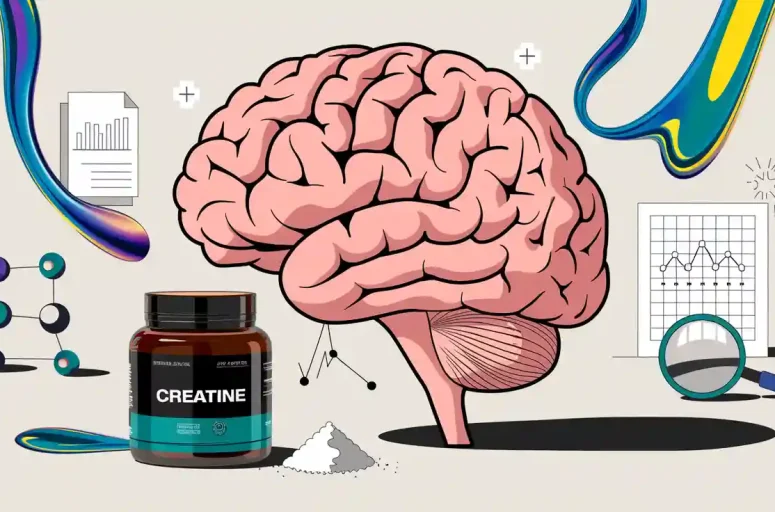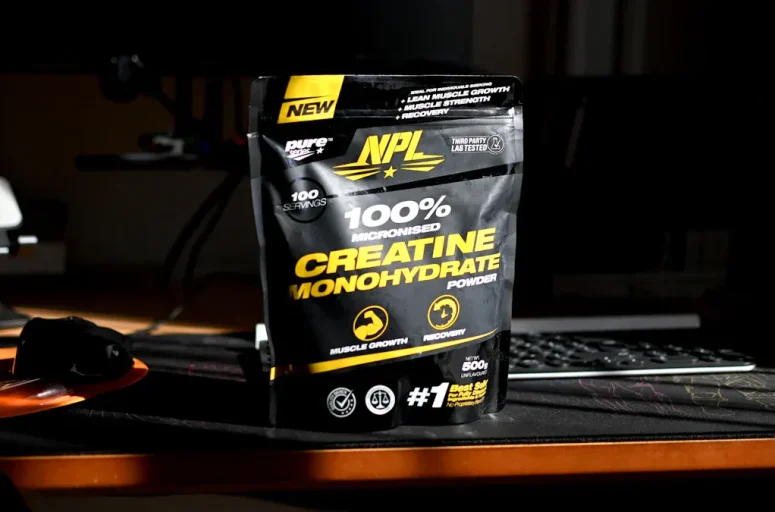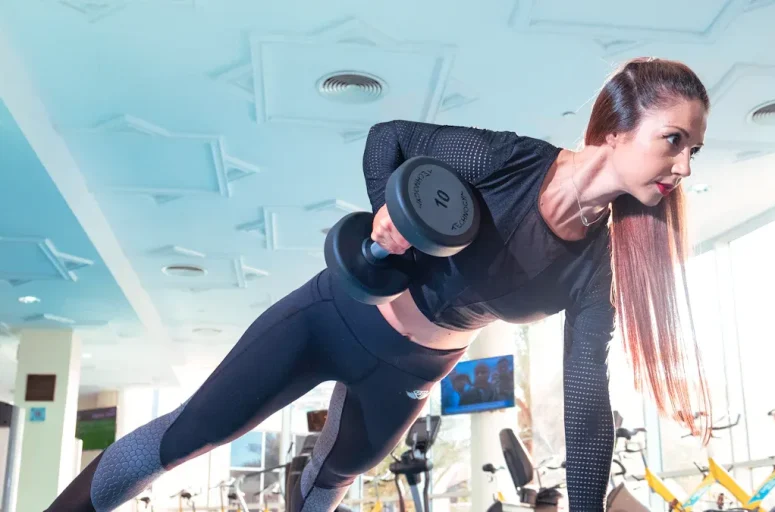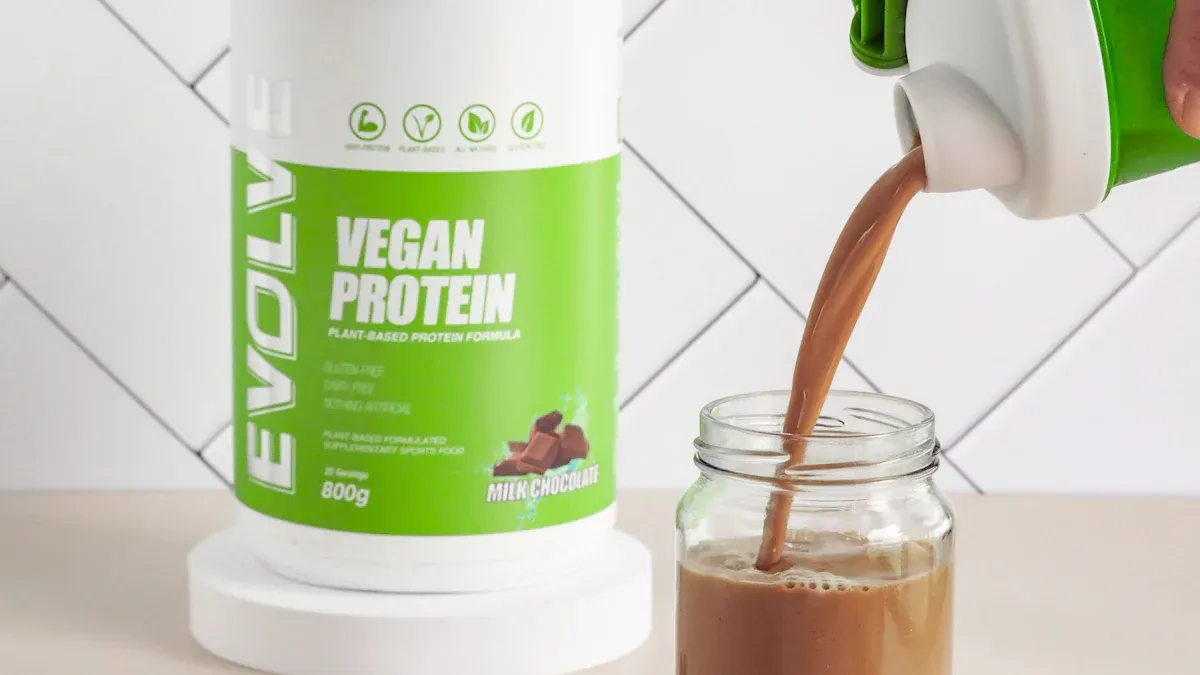
Switching to plant-based eating doesn’t mean losing fitness progress. Vegan protein powders work as well as whey ones for muscles. They help with building strength, recovery, and staying healthy. Studies show vegan diets can build muscles like meat diets with exercise. Plant-based protein sales are growing fast worldwide, showing their popularity. These powders help you recover and power workouts while staying eco-friendly.
Key Takeaways
Vegan protein powders help build muscles and recover, like whey. They are perfect for staying fit on a plant-based diet.
Think about your fitness goals when picking a protein powder. Some powders help with muscle growth, weight loss, or digestion. Choose one that fits your needs.
Taste and how it mixes are important! A tasty, easy-to-mix powder helps you stay on track and skip junk food.
Check for trusted labels like USDA Organic or Non-GMO Verified. These labels mean the product is safe and high-quality.
Plant-based protein powders are healthy and good for the planet. They use fewer resources than animal-based protein powders.
Best Vegan Protein Powders by Category
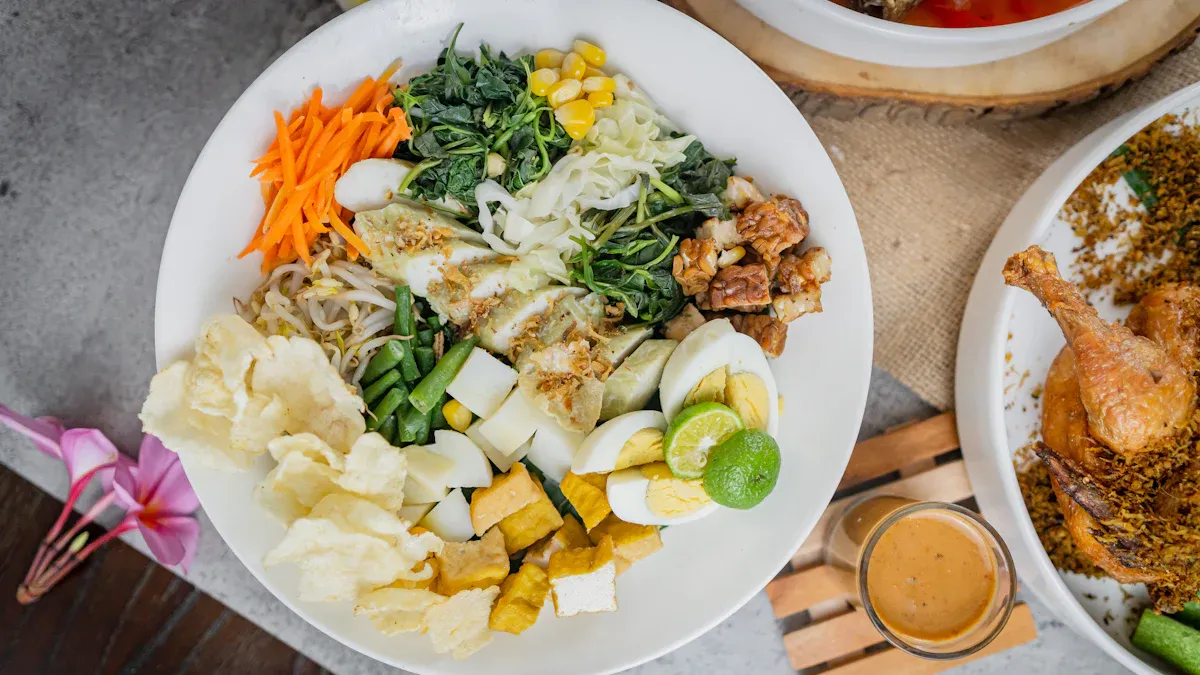
Best Overall Vegan Protein Powder
If you’re searching for the best vegan protein powder, Kaged Plantein and Ritual Essential Protein are top choices. These two are not only well-loved but also full of nutrients that help with muscle growth and staying healthy.
Kaged Plantein: This protein powder is a great pick for vegans. It has lots of iron, which helps your body stay energized and carry oxygen. It also includes calcium to keep your bones strong. What makes it special is HMB, a compound that supports muscle recovery and growth. Whether you’re working out or resting after exercise, this powder is a solid option.
Ritual Essential Protein: This one is perfect if you’re cutting back on salt. It has less sodium than whey protein, making it a healthier choice for those watching their sodium levels. Users also love its smooth texture and mild taste, which makes it enjoyable to drink.
Pro Tip: Both of these powders are tested for safety and accuracy. You can feel confident about what you’re adding to your diet.
Best Vegan Protein Powder for Athletes
Athletes need protein powders that improve performance, and plant-based ones deliver. Research shows vegan proteins like pea and mung bean protein can build muscles and strength as well as whey protein.
Protein Source | Muscle Growth | Strength Improvement (%) |
|---|---|---|
Pea Protein | Better than placebo | +20.2 ± 12.3% (Pea) vs +15.6 ± 13.5% (Whey) |
Mung Bean Protein | Helps with strength | N/A |
Peanut Protein | Boosts knee strength | N/A |
Pea protein is a great pick for athletes. It’s rich in protein and helps muscles recover and grow. Plant-based diets may also improve VO2max, which boosts workout endurance.
Did You Know? Studies show no big performance gap between vegetarians and meat-eaters. This proves vegan protein powders can support athletic goals.
For a high-quality option, try Kaged Plantein for muscle growth or Ritual Essential Protein for its clean ingredients.
Best Budget-Friendly Plant-Based Protein Powder
You don’t have to spend a lot to get good vegan protein powder. NOW Foods NOW Sports Nutrition Pea Protein is a budget-friendly choice that doesn’t skimp on quality.
Low Price: This powder costs about half as much as other vegan options, making it affordable.
High Protein: Even at a lower price, it provides plenty of protein for muscle recovery and growth.
Nutritional Value: It’s packed with amino acids, making it a smart choice for plant-based eaters.
Quick Tip: Affordable vegan protein powders can still be high quality. NOW Foods Pea Protein proves you can save money and still get great results.
Want more choices? Check out this affiliate link for vegan protein powders to find one that fits your budget and fitness needs.
Best Vegan Protein Powder for Weight Loss
Want to lose weight while staying energized? The right vegan protein powder can help. These powders keep you full, protect muscles, and speed up your metabolism. Here’s why they’re great for weight loss:
Feel Full Longer: Protein helps you stay satisfied, so you snack less.
Protects Muscles: Losing weight can mean losing muscle, but protein stops that.
Speeds Up Metabolism: Protein keeps your metabolism active by supporting muscle mass.
Controls Blood Sugar: Protein helps balance blood sugar, cutting cravings and hunger.
Try Orgain Organic Protein Powder for weight loss. It’s low in calories but high in protein, making it a smart choice. You can mix it into shakes or smoothies for an easy, healthy drink.
Pro Tip: Combine your protein powder with exercise and a healthy diet for the best results.
Ready to start losing weight? Check out this affiliate link for vegan protein powders to find the right one for your goals.
Best Vegan Protein Powder for Digestive Health
Having trouble with digestion? Some plant-based protein powders are gentle on your stomach. They support gut health while giving you the nutrients you need. Here’s a quick guide to the best ones:
Protein Powder Type | Digestive Benefits | Extra Info |
|---|---|---|
Chia Protein | Low in lysine but very nutritious | |
Blended Plant Proteins | Combines amino acids for better absorption | Often includes enzymes or fermented proteins |
Hemp Protein | High in fiber, iron, and omega-3 | Moderate protein, low in lysine |
Sacha Inchi Protein | Rich in key amino acids (except lysine) | Contains heart-healthy nutrients |
Pumpkin Seed Protein | Full of minerals and antioxidants | Low in threonine and lysine |
For sensitive stomachs, try Garden of Life Raw Organic Protein. It has probiotics and enzymes to help with digestion, making it a gentle and effective choice.
Did You Know? Blended plant-based protein powders, like pea and rice mixes, give you all essential amino acids and are easier to digest.
Find more options with this affiliate link for vegan protein powders and choose one that suits your digestion needs.
Best Organic Plant-Based Protein Powder
Love clean eating? Organic plant-based protein powders are a great choice. They’re free from harmful chemicals and full of nutrients. Here’s what you get with a good organic option:
Nutrient | Amount per Serving | Daily Value (%) |
|---|---|---|
Protein | N/A | |
Iron | N/A | 30% |
Vitamin E | N/A | 45% |
Manganese | N/A | 35% |
Vitamin B12 | N/A | 45% |
Zinc | N/A | 20% |
Copper | N/A | 90% |
Chromium | N/A | 60% |
Molybdenum | N/A | 70% |
Certification | NSF Certified for Sport, Informed-Choice for Sport Certified | N/A |
A top pick is Sunwarrior Warrior Blend Organic Protein. It’s organic, non-GMO, and full of antioxidants. Plus, it has no artificial ingredients, so it’s a clean and healthy option.
Quick Tip: Look for labels like USDA Organic or NSF Certified for Sport to make sure you’re getting a trusted product.
Want to go organic? Check out this affiliate link for vegan protein powders to find the best one for your lifestyle.
Best-Tasting Vegan Protein Powders
Let’s be honest—taste is important. Nobody wants to drink a bad-tasting shake every day. Thankfully, some plant-based protein powders taste so good, you’ll enjoy them. Whether you like creamy vanilla or rich chocolate, there’s a flavor for you.
Top Picks for Flavor
Here are two popular choices that people love for their taste:
Vega Protein Powder: Vega is smooth and has great flavors. The Chocolate flavor is rich and chocolaty, while Vanilla is sweet and creamy.
Orgain Organic Protein Powder: Orgain is another favorite. Its flavors are bold and natural. Chocolate and Vanilla are the top picks, but some don’t like its sugar alcohol content.
Pro Tip: If you’re trying vegan protein powders for the first time, buy small tubs or samples to find the flavor you like best.
Taste Test Results
Taste tests show why Vega and Orgain are so popular:
Product Name | Flavor Rating | Consistency Rating | Aftertaste Rating | Ingredients Rating | Macronutrients Rating |
|---|---|---|---|---|---|
Vega | 95% | 90% | 95% | 95% | 100% |
Orgain | 90% | 85% | 95% | 90% | 95% |
A Hidden Gem
Looking for something different? Try OWYN Protein Powder. The Smooth Vanilla flavor is lightly sweet with a hint of bean taste. The Chocolate flavor is rich and indulgent, perfect for a gourmet shake.
Why Taste Matters
Good taste isn’t just for fun. When your shake tastes great, you’ll stick to your routine. A tasty shake can also feel like a treat, helping you avoid unhealthy snacks.
Want to find your new favorite flavor? Check out this affiliate link for vegan protein powders and upgrade your shakes today.
How to Choose the Right Plant-Based Protein Powder
Picking the best plant-based protein powder can seem tricky. But don’t stress! Focus on your goals, check ingredients, and look for trusted labels. This will help you find the right one for your needs.
Think About Your Fitness Goals
Your fitness goals matter when choosing a protein powder. Are you building muscle, losing weight, or staying fit? Each goal needs a different plan.
Here’s a simple guide to match your goals with the right protein:
Set Your Protein Target: Eat 1.6–2.2 grams of protein per kilogram daily. Athletes should aim for at least 1.8 grams.
Include Leucine: Add 2–3 grams of leucine per meal for muscle growth.
Build Muscle: Eat 300–500 extra calories daily and train with heavier weights.
Spread Protein Intake: Have about 30 grams of protein in each meal.
Pro Tip: Mixing proteins like pea and rice gives all amino acids your body needs.
Pea protein powder is a great choice for muscle recovery and growth. It’s high in protein and works well for fitness goals.
Check the Ingredients
Always read the ingredients before buying protein powder. This helps you avoid bad additives and pick a clean product.
Here’s what to look for:
Protein Source: Choose powders with pea, hemp, or brown rice protein.
Nutritional Value: Pick powders with protein, fiber, and little sugar.
Avoid Additives: Stay away from artificial sweeteners, fillers, or heavy metals.
Here’s a quick look at common plant-based protein sources:
Plant-based protein | Serving size | Calories | Protein | Fat | Carbs | Fiber | Sodium |
|---|---|---|---|---|---|---|---|
Black beans | ½ cup | 114 | 7.5 g | 0.5 g | 20 g | 15 g | 0.5 mg |
Tofu (extra-firm) | 3.5 oz. | 94 | 10.6 g | 4.7 g | 3.5 g | 1.2 g | 18 mg |
Pea protein powder | 1 scoop (22 g) | 100 | 19 g | 2 g | 1 g | 0 g | 260 mg |
Did You Know? Pea protein powder is easy to digest and high in protein. It’s perfect for sensitive stomachs.
Look for Certifications
Certifications show the quality and safety of protein powders. Trusted labels mean the product meets strict standards.
Here are some certifications to look for:
Certification/Test | What It Means |
|---|---|
USDA Organic | At least 95% organic ingredients. |
Non-GMO Project Verified | No genetically modified organisms. |
NSF Certified for Sport | Free from banned substances for athletes. |
Clean Label Project | Tests for harmful contaminants and checks product claims. |
EWG Verified | Meets strict health and safety rules. |
GMP Certification | Made under strict quality control. |
Third-Party Testing | Independent labs check purity and accuracy. |
Quick Tip: Labels like USDA Organic and Non-GMO Project Verified mean eco-friendly and clean products.
Nutiva Organic Shake is a great example. It uses certified organic plant proteins and has no harmful additives.
By following these tips, you can pick a vegan protein powder that fits your health and fitness goals.
Check Protein Amount in Each Serving
When picking a plant-based protein powder, check how much protein is in each serving. It’s important to choose one that helps you meet your fitness goals. Whether you want to build muscle, recover after workouts, or stay healthy, the right amount of protein is key.
How Much Protein Should You Have?
Experts say active people need 1.6–2.2 grams of protein per kilogram of body weight daily. Athletes may need even more. A good protein powder should give you 15–25 grams of protein per serving to help you reach your daily goal.
Comparing Different Protein Types
Not all plant proteins are the same. Some have more essential amino acids, while others need to be mixed with other proteins for a complete profile. Here’s a quick comparison:
Protein Type | Essential Amino Acids | Muscle-Building Ability |
|---|---|---|
Oat | Low | Medium |
Soy | High | High |
Pea | Medium | Medium |
Brown Rice | Low | Low |
Corn | Low | Low |
Potato | Complete | High |
Pro Tip: Combine proteins like corn, hemp, or brown rice (low in lysine) with soy, microalgae, or pea (low in methionine) for a full amino acid profile. For example, mixing pea and rice protein 50/50 gives all the essential amino acids your body needs.
Potato protein is another great option. It meets all the requirements for essential amino acids, making it a complete protein source.
Consider Taste and How It Mixes
Let’s be honest—if your protein powder tastes bad or doesn’t mix well, you won’t want to use it. Taste and mixability are just as important as nutrition when choosing the right powder.
Why Taste Is Important
Your protein shake should feel like a treat, not a task. Flavors like chocolate, vanilla, or even fun ones like salted caramel can make your shake enjoyable. When it tastes good, you’re less likely to grab unhealthy snacks.
Why Mixing Matters
No one likes a lumpy or gritty shake. A good protein powder should mix smoothly in water, milk, or smoothies. Powders with fine textures and natural ingredients usually dissolve better, giving you a creamy drink.
What People Say
A survey of 405 protein drink users showed that taste and mixability are very important. People prefer powders with natural sweeteners and simple ingredients, which makes them happier with their choice.
Quick Tip: If you’re new to plant-based protein powders, try sample packs or small tubs first. This way, you can test different flavors and brands without buying a big container.
Read Reviews Before Buying
Before you buy a plant-based protein powder, read customer reviews. Reviews can tell you about the product’s taste, texture, and quality.
What to Look for in Reviews
Flavor: Do people love the chocolate flavor, or do they complain about a weird aftertaste?
Mixing: Are there comments about clumps or smooth shakes?
Digestibility: Some powders are easier on the stomach. Look for mentions of bloating or discomfort.
Results: Do users say it helps with muscle recovery or energy?
Why Ratings Are Important
Products with high ratings and good reviews are usually a safer choice. Look for powders with at least 4 out of 5 stars and lots of reviews. This shows the product is popular and reliable.
Did You Know? Many online stores let you search reviews by keywords like “taste” or “mixing.” Use this feature to find the details that matter most to you.
By combining reviews with your own needs, you can pick a plant-based protein powder that works for you.
Benefits of Plant-Based Protein Powders
Helps Build and Repair Muscles
Plant-based protein powders are great for muscle growth and recovery. They have important amino acids that fix and grow muscles after exercise. Research shows plant-based protein works as well as whey protein.
Study | Results | Protein Types | Time Frame |
|---|---|---|---|
Saracino et al. | No big differences in recovery results | Whey, Rice & Pea | |
Babault et al. | Pea protein helped muscle thickness | Pea, Whey | 12 weeks |
Hevia-Larrain et al. | Strength and muscle gains were similar | Soy, Whey | 12 weeks |
Pea protein is packed with protein and helps muscles grow. Oat protein can also ease soreness and reduce swelling, making it great for recovery. Whether you lift weights or run, plant-based protein powders help you recover faster.
Quick Tip: Mix pea and rice proteins to get all the amino acids your body needs for muscle repair.
Easier on Your Stomach Than Whey
If whey protein makes you feel bloated, try plant-based protein powders. They digest slower, which is easier on your stomach.
Whey protein digests fast, about 10 grams per hour.
Plant proteins digest slower, releasing nutrients over four hours.
People with stomach issues, like Crohn’s disease, often prefer plant-based protein.
This slow digestion helps your body absorb nutrients without discomfort. Plant-based protein powders are less likely to cause bloating, making them a good choice for sensitive stomachs.
Did You Know? Most plant-based protein powders don’t have lactose, which often causes stomach problems.
Great for Allergies and Special Diets
If you have allergies or follow a special diet, vegan protein powder is a great option. It doesn’t have common allergens like dairy or eggs, so it’s safe for most people.
Evidence Description | Key Points |
|---|---|
A diverse diet is better for health. | |
Vegans, especially kids, need expert nutrition advice. | Guidance ensures proper nutrition. |
Avoiding milk and eggs in allergic kids needs supervision. | Nutritionists can help manage diets. |
Plant-based protein powders are often gluten-free, soy-free, and non-GMO. This makes them suitable for many dietary needs. If you want a high-protein option that fits your lifestyle, plant-based protein powders are a smart pick.
Pro Tip: Look for labels like Non-GMO or USDA Organic to make sure the product meets your dietary needs.
Environmentally Friendly and Sustainable
Using plant-based protein powders is not only healthy but also eco-friendly. Making these powders uses fewer resources than animal-based proteins. They need less water, land, and energy, making them better for the environment.
Think about it. Making whey protein involves raising cows, which adds to pollution and deforestation. Plant-based proteins come from crops like peas, rice, and hemp. These crops are better for the planet and can even improve soil health.
Here’s why plant-based protein powders help the environment:
🌱 Lower Carbon Emissions: Growing plants creates fewer greenhouse gases than raising animals.
💧 Water Saving: Producing plant proteins uses much less water than dairy farming.
🌍 Eco-Friendly Farming: Crops like hemp grow fast and need fewer chemicals.
Choosing plant-based protein powders helps your body and protects the planet.
Quick Tip: Pick brands with recyclable packaging or those that support green farming.
Packed with More Than Just Protein
Plant-based protein powders don’t just give you protein—they’re full of other nutrients too. Powders made from different plants provide vitamins, minerals, and fiber that animal-based products often lack.
Here’s why they’re special:
They have vitamin B12, which boosts energy and brain health.
Many include calcium and iron, which strengthen bones and carry oxygen in your blood.
They’re higher in fiber, which helps digestion and keeps you feeling full.
Plant-based protein powders often rank higher in nutrition scores than animal-based ones. This means they’re not just good for muscles—they’re great for overall health.
Did You Know? Mixing proteins like pea and rice gives you all the amino acids your body needs while adding more nutrients.
When you choose plant-based protein powders, you’re getting more than protein. You’re giving your body a mix of nutrients to stay healthy and strong.
Vegan protein powders are healthy, flexible, and eco-friendly. They help build muscle, recover after workouts, and improve your diet. Studies prove they work as well as whey protein for fitness. They’re also gentler on your stomach and better for the environment.
Track your progress by checking protein intake, energy, and body changes. Powders like Garden of Life Sport are highly rated and trusted by experts. There are options for weight loss, sports, and digestion, so everyone can find one that works.
Picking good-quality powders gives you nutrients without harmful extras. Plus, it’s a choice that benefits both your health and the planet. Check out the options in this guide to find one that suits your needs.
FAQ
What is the best way to use vegan protein powder?
You can mix it with water, plant-based milk, or smoothies. Add it to oatmeal or baked goods for extra protein. Follow the serving size on the label for the best results.
Pro Tip: Use a blender or shaker bottle for a smooth, lump-free drink.
Can vegan protein powders help with weight loss?
Yes! They keep you full longer and support muscle maintenance, which boosts metabolism. Choose low-calorie options like pea or hemp protein for weight loss.
Quick Tip: Pair your protein powder with regular exercise and a balanced diet for the best results.
Are plant-based protein powders safe for kids?
Most are safe, but check the label for age recommendations. Look for clean, organic options without artificial additives. Consult a pediatrician if you’re unsure.
Did You Know? Many plant-based powders are allergen-free, making them a great choice for kids with food sensitivities.
Do vegan protein powders taste good?
Some taste amazing, while others might need a little help. Flavors like chocolate and vanilla are popular. You can also mix them with fruits or nut butter for a tastier shake.
Quick Tip: Try sample packs to find a flavor you love before committing to a big tub.
How do I store vegan protein powder?
Keep it in a cool, dry place, away from sunlight. Seal the container tightly to prevent moisture. Proper storage keeps the powder fresh and effective.
Note: Avoid storing it in the fridge, as moisture can cause clumping.
